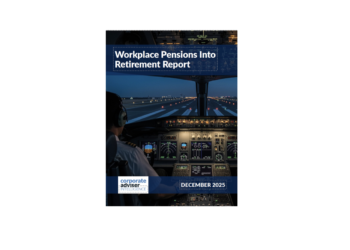Think tank ResPublica has proposed various initiatives to drive down borrowing costs and improve credit scores for those on low and medium incomes.
ResPublica also calls for employer to offer more savings options, and to do more to promote financial education in the workplace. This should include issues of debt management, budgeting and savings.
The report – Credit Emancipation: How salary-linked lending can help turn around disadvantaged places – claims salary-linked lending services could save employees in deprived areas two-thirds of the typical interest costs. This equates to a £600 saving on a £3,100 loan.
This report, which is supported by fintech firm Salary Finance, says as well as cutting debt costs for individuals, a widespread initiiatve should drive up average credit scores in more deprived areas.
The report says improving the aggregate credit score of a local authority, from the bottom 10 per cent to the middle of the credit score distribution, would equate to improving average weekly earnings by £36, or just over 9 per cent.
ResPublica director Phillip Blond says: “Despite continued economic growth, high employment rates and low unemployment, for many the 2008 credit crunch has never gone away.
“Traditional high street banks have reigned in lending to those on low and middle incomes. What this means is when a personal crisis happens, those with little or no money are forced to turn to companies, who use grossly inflated interest rates, with APRs as high as 1,200 per cent.
“We describe the phenomenon as the poverty premium, where those who are least able to pay are charged eye-watering interest rates for credit.”
He says larger employers should utilise fintech developments to offer low interest loans, paid back through their payroll systems.
“For those on lower wages and in a climate where real wage growth has been stagnant employers could enhance salaries with this type of credit package could be equivalent to a three per cent pay rise.”
The report also urges the government to instruct the Money Advisory Service to award “kite marks” to standardise financial advice and devolve further resources to local grassroots organisation, who are best placed to engage with those in debt.
Guy Opperman, the minister for pension and financial inclusion wecomed the report. He said: “The Government is committed to improving financial inclusion and tackling indebtedness. We have already brought forward a range of proposals, from auto-enrolment to the Single Financial Guidance Body.
“ResPublica’s argument for salary-linked lending to become the norm across both the public and private sector, is an important contribution to the debt reduction debate and one that I will be discussing with ministerial colleagues.”





